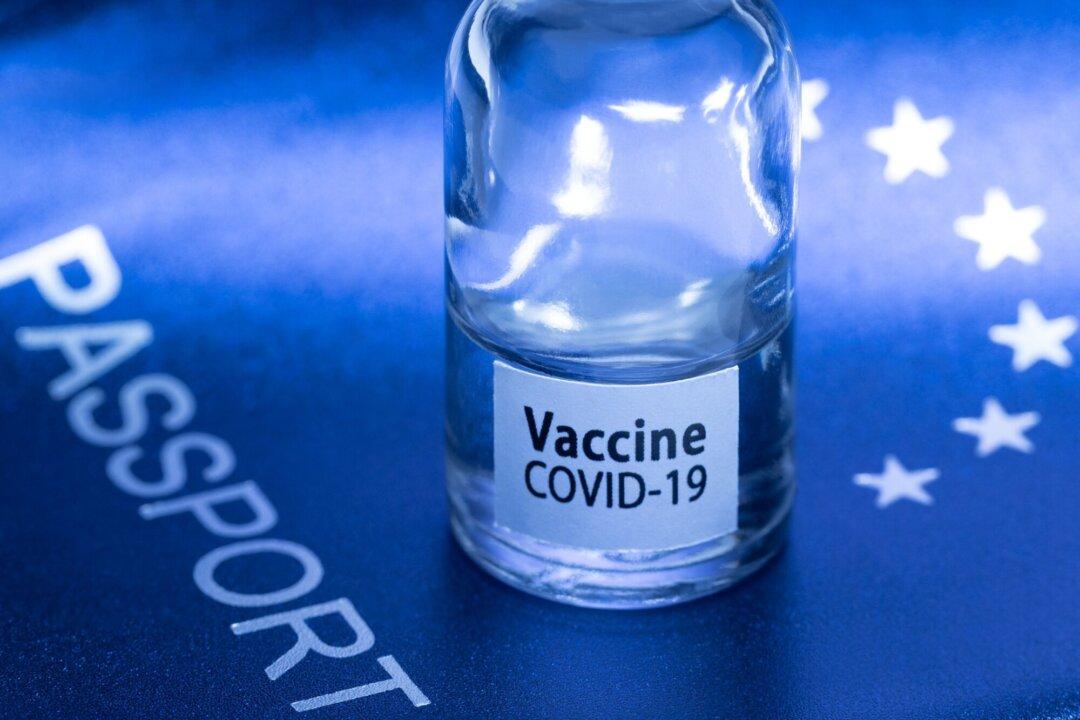Leaders of the Group of 20 (G20) have issued a joint declaration promoting a global standard on proof of vaccination for international travel and calling for the establishment of “global digital health networks” that build on existing digital COVID-19 vaccine passport schemes.
The joint statement followed the conclusion of the G20 summit held in Bali, Indonesia, where leaders discussed global challenges and coordinating policies in response, including to future pandemics.





